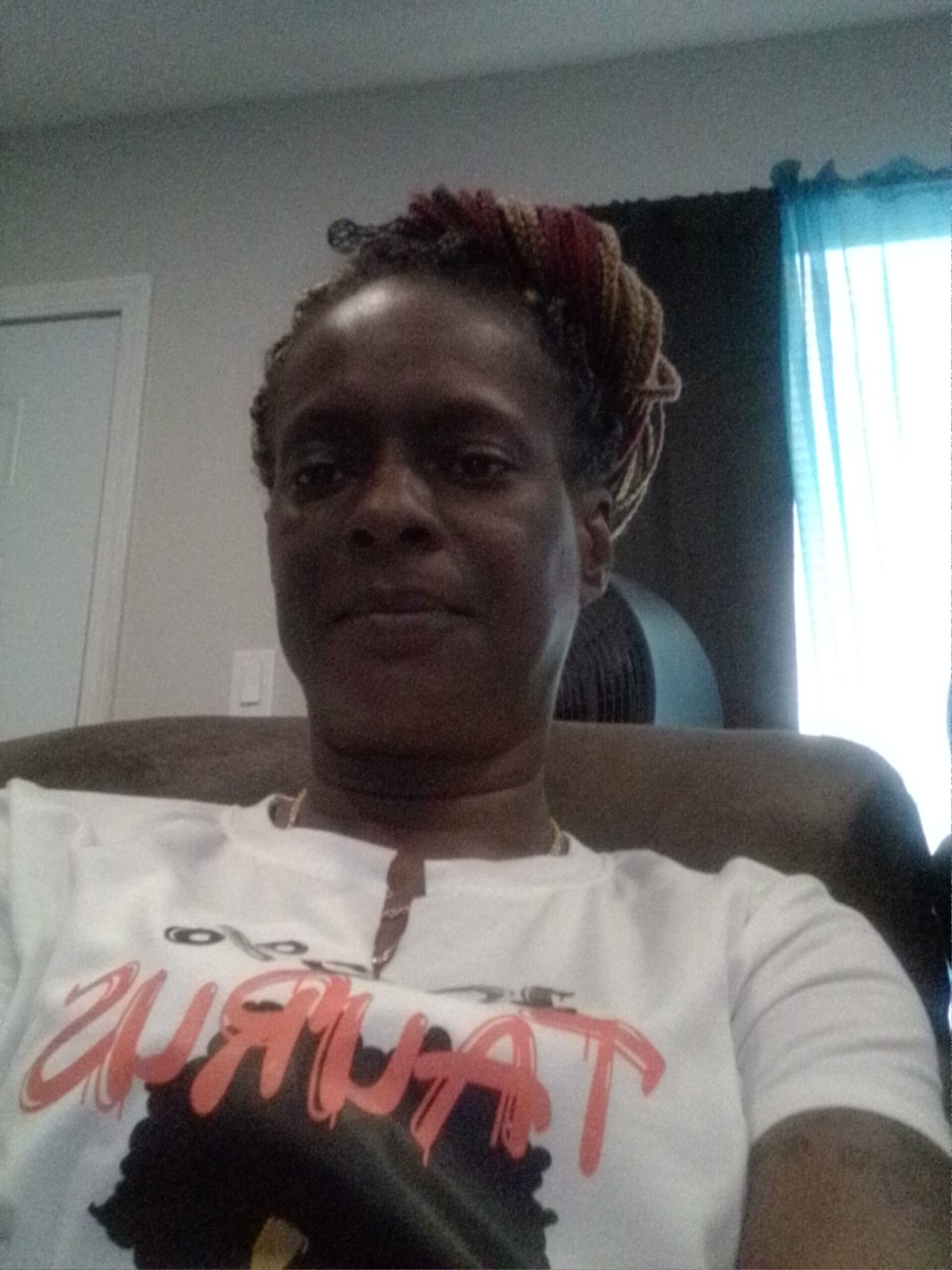Why Are Medical Assistants Important?
| Update: September 03, 2024
Medical assistants wear a lot of hats around a healthcare facility. From answering calls at the front desk to acting as a doctor’s extra set of hands during an exam, they get a unique perspective of how a medical office runs and with experience and consistency, they become an invaluable member of the medical team.
If you are considering a career in the medical field but are unsure of where to start, becoming a Medical Assistant is an excellent move to get started in the healthcare field. It may seem like a position that is overlooked, but here are five reasons why medical assistants are absolutely essential to a healthcare facility.
Learn more about UEI College's Medical Assistant Program.
Why Are Medical Assistants Important?
Medical Assistants are important for the following reasons:
Medical assistants are the face of the office.
When you enter a medical office, chances are it’s a medical assistant greeting you at the front desk. If they are not at the front desk, they are the ones calling you into your appointment, checking vitals, and collecting patient health history. If you have ever met someone less than friendly in this position, you know how much someone in this position sets the tone for the entire visit.
It’s up to a medical assistant to help patients feel welcome and comfortable right from the start. Medical assistants may also help patients schedule their appointments and may be in communication with insurance companies, pharmacies, and other specialists. When a medical assistant is friendly, professional, and respectful in all of this communication, it protects the reputation of the entire office.
Medical assistants often work in offices where patients come and go quickly, but in many of these environments, patients may come often. Medical assistants have the opportunity to build a relationship with patients, get to know them, and become a bright spot in their day. This is just one of the many reasons why medical assistants are important members of any healthcare team.
Medical assistants multitask to benefit everyone.
Medical assistants work both the front office and back office, doing both administrative and clinical tasks. Medical assistants help with filing, ordering, making calls, and sending emails and are also on hand to assist with an exam by handing tools or supplies, taking careful notes, or collecting lab samples. All of the duties they perform help to free up the time of doctors, nurses, and other professionals in the office so they can focus on their unique role and serve more patients in a timely manner.
Medical assistants keep the office on track.
The wide scope of tasks a medical assistant completes not only frees up the time of others in the office but also helps them do their job better. Medical assistants may be the ones to order supplies for the office and sanitize exam rooms in between patients. When medical assistants help check patients in and collect vitals and health information, they help the physician have valuable background information that will educate their exam and help things run more efficiently.
Medical assistants often spend their time running between the front office and back office and are aware of all the patients coming and going. They can use this knowledge to help direct doctors to the patients with the highest needs to help them manage their time.
Medical assistants help patients feel supported.
From the moment a patient enters the office to even weeks after they have left, the medical assistant is the one they communicate with. When doctors have completed their exam, they often count on their medical assistant to update the patient’s record, send in prescriptions, make referrals and provide follow-up information. Before a patient leaves the office, the medical assistant will often go over the visit with them to ensure they understand the next steps in their treatment plan. Medical assistants are important liaisons between patients and doctors.
Medical assistants ensure great service.
Medical assistants have a unique position in the office because they interact with basically everyone. This allows them to catch the small details that might be missed elsewhere.
Medical assistants may interact with patients more than anyone else. They help them with every stage of their visit and also provide follow-up information. In this way, medical assistants provide another level of quality control for patients.
Medical assistants have a broad scope of knowledge
Medical assistants are needed in just about every type of healthcare facility and can work with all different types of doctors. As medical assistants grow in their careers and gain new experience working in new environments, they gain valuable knowledge that may come in handy down the road.
How to Become a Medical Assistant?
- Step #1: Earn your high school diploma
- Step #2: Enroll in and complete a medical assistant training program
- Step #3: Gain experience through an externship
- Step #4: Apply and interview for open positions
Become a Medical Assistant With UEI College
UEI College has all the resources and support to help you prepare for an entry-level position as a medical assistant in as few as ten months.
Call today to visit the nearest campus and learn more about our hands-on courses. Each program is built in a hybrid module that allows students to come to campus twice a week for in-person experiences to practice skills and complete classwork online at home.
At the end of the Medical Assistant Training Program, each student participates in an externship in the community. This real-life work experience allows students to apply what they have learned and gain new knowledge from those currently in the field. Many extern supervisors will hire students who go above and beyond during their externship.
If you are interested in beginning a career as a medical assistant, you can enroll in the program as soon as you are ready and begin on the next start day. In less than ten months, you can have the knowledge and skills necessary to begin a career you can be proud of.
Enroll in UEI College's Medical Assisting Program!





